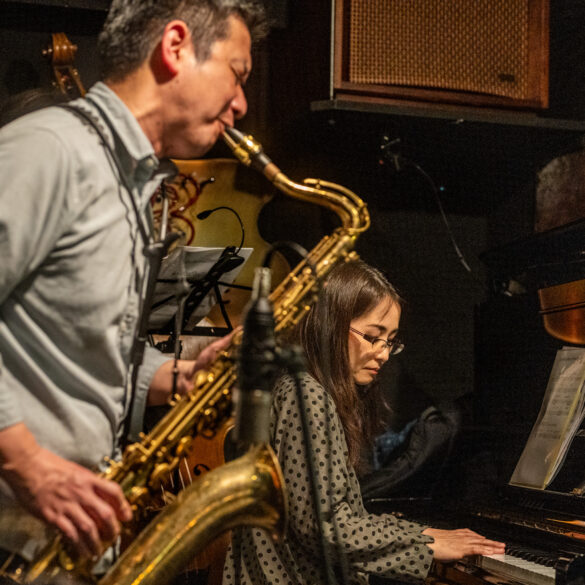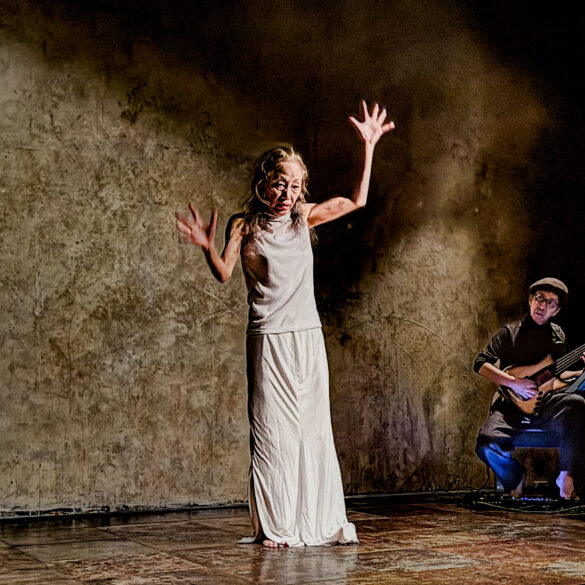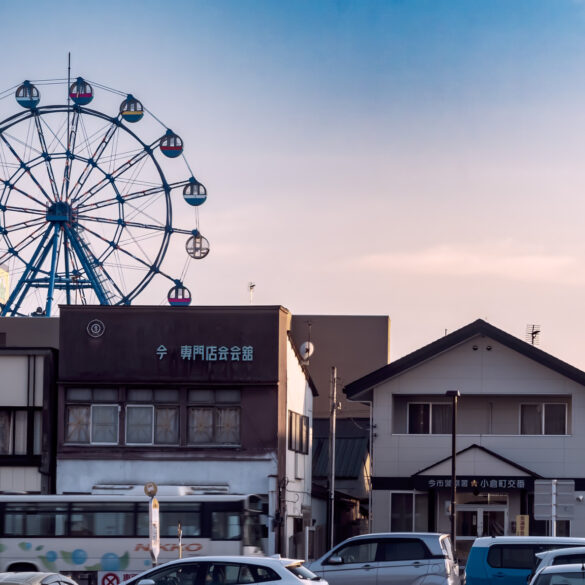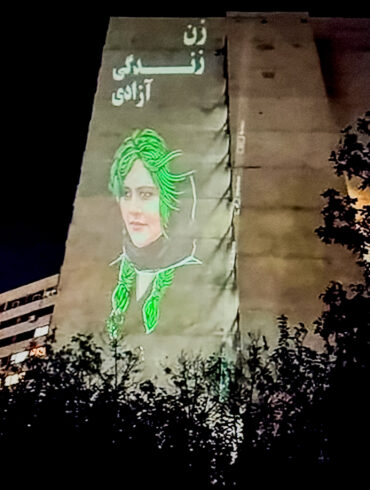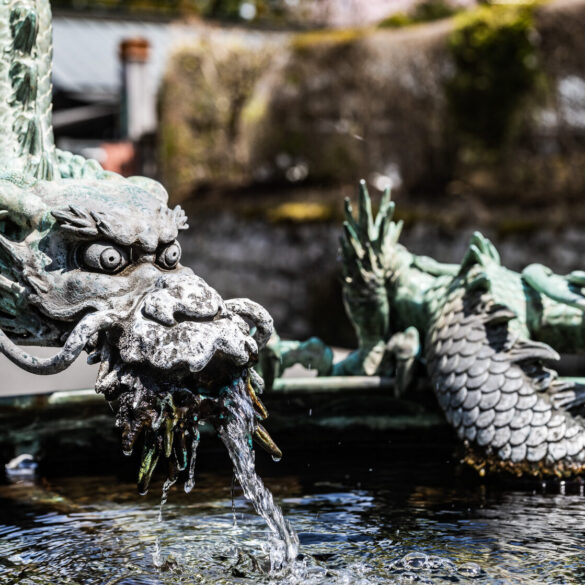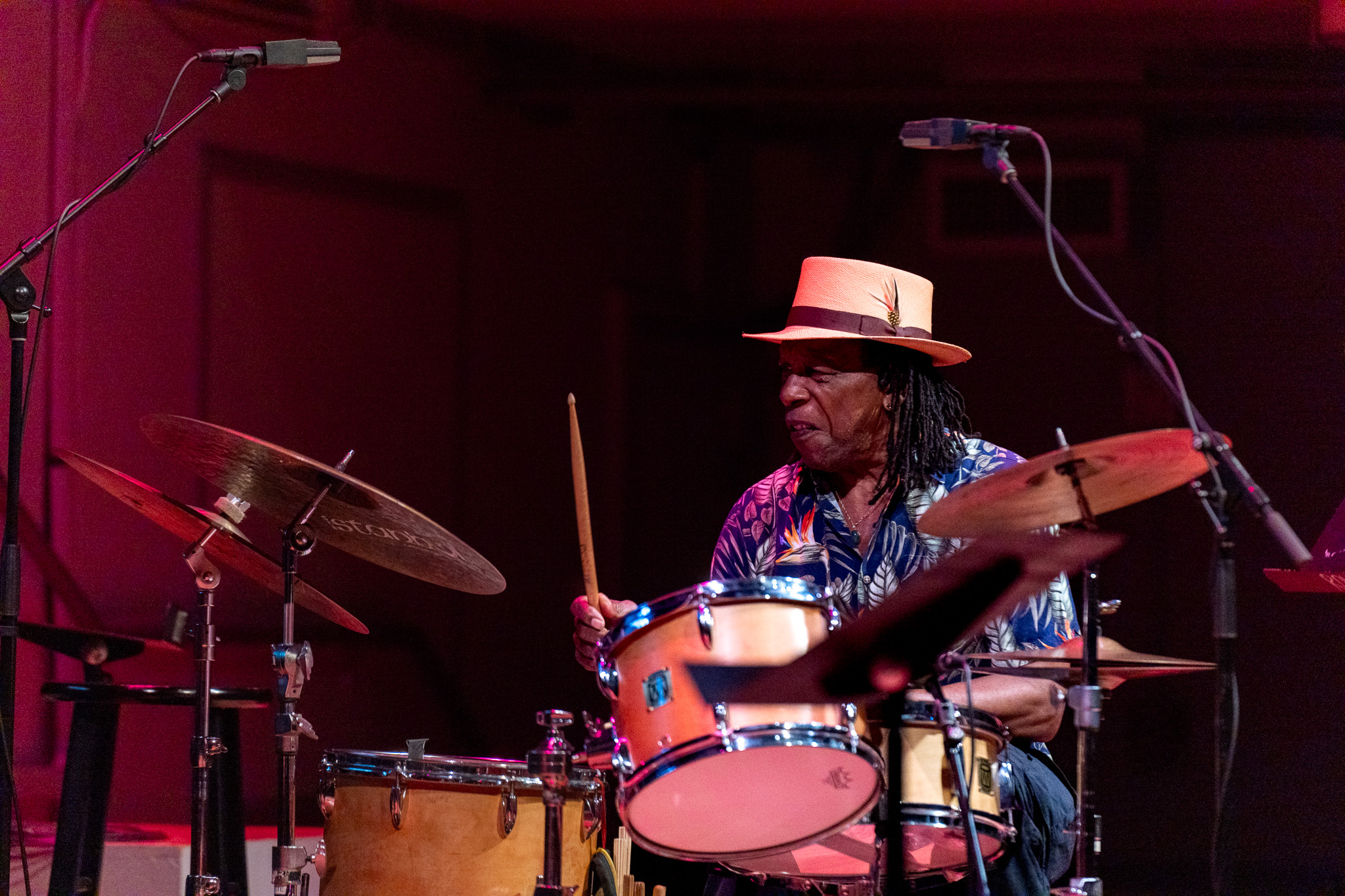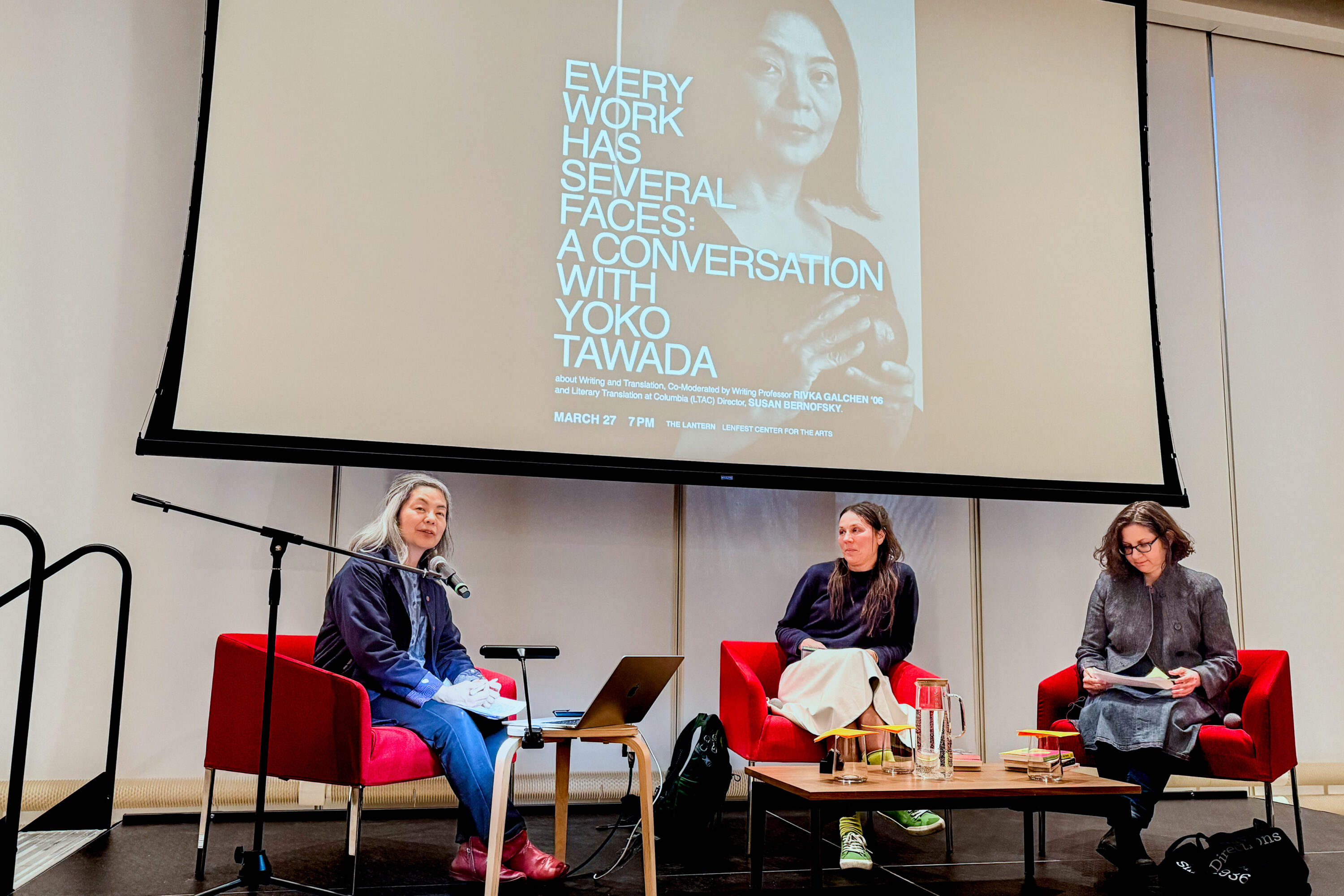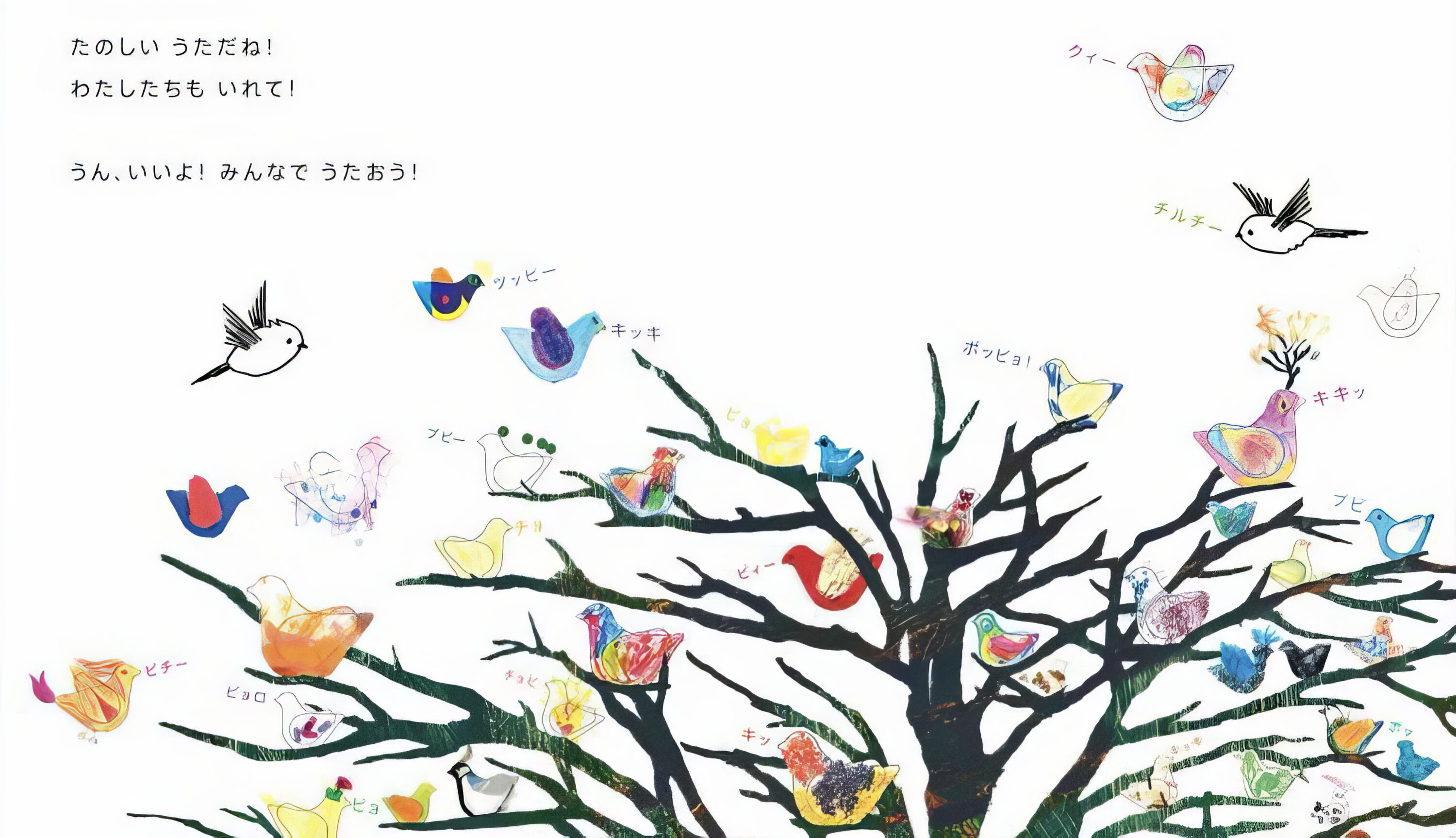My encounter with the well-known — but new to me — pianist Hitomi Nishiyama 西山瞳 at SUB Jazz Cafe, a seminal jazz club in Osaka, took me to places I never expected. Although she was playing jazz standards with a makeshift band, her music and career, characterized by curious changes in direction and exquisite elaborations on connections previously unrecognized, set us free.
On my second night in Kyoto, I went to Candy Live Jazz in Gion to see the trio of Kotono Nishimura 西村琴乃 (alto and soprano sax), Yuka Yanagihara 柳原由佳 (piano), and Ayuko Ikeda 池田安友子(percussion). I was not familiar with any of them, but from the start, I found their set, inspired by the spring season, infectious, rhythmically adventurous, and uplifting.
At times, most notably during Kotono’s number “Milky Way” from her album “Favorable Move,” I felt as if I’d been transported to a landscape untarnished by humans, where dawn is breaking over mountains in a river-fed valley of verdant splendor where you can hear birds singing and take a breath, like in a Thomas Cole painting, a place where you can look up on a clear, moonless night and be awestruck by the majesty of the Milky Way, so far away and yet seemingly so close.
On my first night in Kyoto, I attended FOUR DANCERS vol281 at UrBANGUILD, a cafe/bar and multidisciplinary performance space in the heart of Kyoto. Like an old-school club on the Lower East Side of Manhattan, it’s dark, grungy, and covered in flyers. UrBANGUILD presents a wide variety of younger and older artists and draws an extremely diverse audience as well, making it a beloved oasis for contemporary and experimental performing artists in the otherwise more traditional and conservative-minded Kyoto. I came to see two artists in particular, Chizuko Kotani / 小谷ちず子 and Miwako Inagaki / 稲垣美輪子.
This large sign, emblazoned with the words がんばろう!石巻 meaning Let’s Go, Ishinomaki, was found placed in the ruins of downtown...
After one night in Tokyo and a quick lunch (inexpensive but outstanding chirashi-sushi with a photographer friend in Tsukuji), I took the Tohoku Shinkansen train from Ueno Station to Utsunomiya and transferred to the JR Nikko line but got off one stop early at Imaishi. Imaishi is the little town just to the east of the popular and historic temple town of Nikko, which was where I was heading, but Imaishi has its own famous cedar road and sakura road, and I thought I would check it out on the way.
Masahiro Usami creates art, photographic mandalas, by undertaking a journey, as much relational as through time and space, to understand and capture the essence of a community’s journey in collaboration with that community. In his words, “Each individual photograph [in his long-running mandala series] features a central figure, all of whom come from different regions and standpoints, and then distributed in their environs are the people and things that express the world of that particular figure, just like the form of a Buddhist mandala painting.” His latest depicts the confrontation between citizens and developers over a proposed radical redevelopment of a beloved and historic park in the heart of Tokyo.
I was excited to explore Kyotographie, the sprawling annual international photography festival in Kyoto. Now in its 12th year, it has become one of Asia’s largest photography festivals. It features 13 curated main exhibitions and more than 100 KG+, KG Select, and Special exhibitions installed in venues large and small all over Kyoto. One of the exhibitions I was most keen to visit was “You Don’t Die — The Story of Yet Another Iranian Uprising,” an exhibition at Sfera culled from 1000s of mostly anonymous images of the “Woman, Life, Freedom” uprising inside Iran, collected and authenticated by Le Monde photo editor Marie Sumalla and Le Monde journalist Ghazal Golshiri. With the assistance of Iranian colleagues Payam Elhami and Farzad Seifikaran, they established the date and location of each photo. Photographs by several professional Iranian photographers inside Iran also appeared in the exhibition.
A visit to MUSE (Music Unites Special Education), a certified NPO founded in Sendai City by pianist Atsuko Nishina in 2001 to increase the opportunities for people with special needs to touch highly artistic music and art and express themselves freely through artistic creative activities, with composer Aya Nishina 仁科彩 and her partner, the visual artist Shimpei Takeda 武田慎平, afforded me the opportunity to understand their creative work more deeply and to recognize that their art and their teaching work, while different in form, have the same purpose, each informed by and expressing the same universal spiritual principles that, in fact, guide all true healing work.
Since the founding of Shihonryuji Temple (which later became Nikkosan Rinnoji Temple) by the Buddhist monk Shodo in 766, Nikko,...
No More Content

